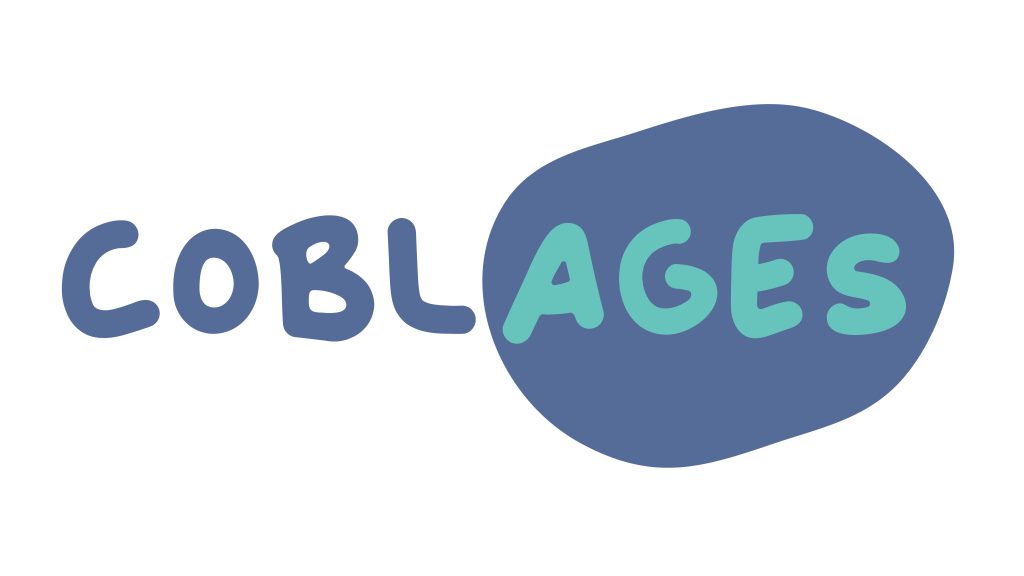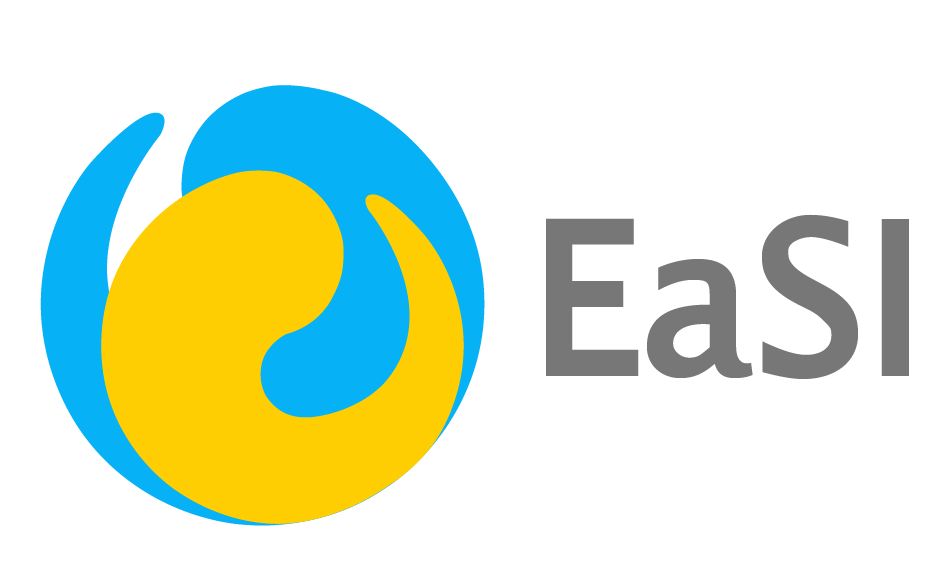CoblAges
Using Community-Based Learning to Prepare Higher Education Students for an Ageing World

Project description
The aim of the project is to create a methodology using community-based learning into higher education, which enables students from different courses to get contemporary skills (green, digital, longevity) to be better prepared for an ageing population.
Objectives
The specific objectives of the project are to:
- Support the internationalisation of Higher education institutions by offering a transnational cooperation opportunity;
- Support the integration of HE institutions with local community;
- Develop and create a methodology to use community-based learning to prepare HE students for an ageing world;
- Train professors, community managers and students’ representatives on the facilitation of intergenerational citizenship workshops in rural communities;
- Trigger active participation of students and older adults, by intergenerational co-creation of community projects;
- Encourage short-term transnational mobility for young higher education students to broaden their horizons and help them build bridges across Europe and beyond, fostering a sense of common EU identity;
- Promote active citizenship by encouraging social action, thus fostering healthy ageing across the life course (young to old);
- Contribute to combat ageism tackling different age groups.
Expected results
A methodology for using CBL as a tool for Intergenerational Citizenship in preparing higher education students for an ageing world.
A short course to trigger green, digital and longevity skills among HE students.
A multidisciplinary Capacity-building of professors, community managers and students’ representatives.
Promoter
Instituto Politecnico De Viseu, Portugal
Partners
Aproximar – Cooperativa De Solidariedade Social, Crl, Portugal
Universidad de Vigo, Spain
Ankara Bilim Üniversitesi, Turkey
The European Association for Social Innovation, Romania
Universitatea de Vest din Timișoara, Romania
Timeframe
01/09/2023 – 28/02/2026 (30 months)

Funded by the European Union. Views and opinions expressed are however those of the author(s) only and do not necessarily reflect those of the European Union or the European Education and Culture Executive Agency (EACEA). Neither the European Union nor EACEA can be held responsible for them.
